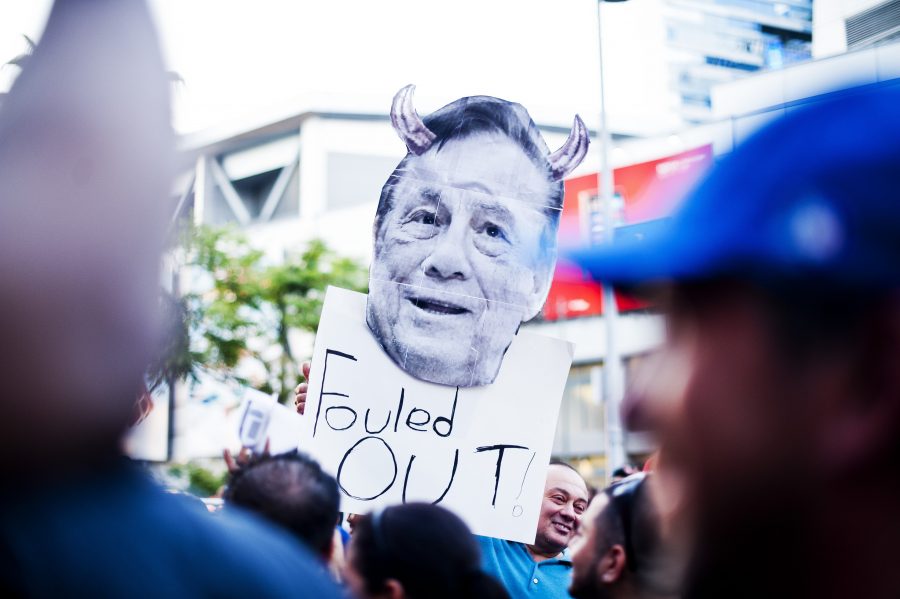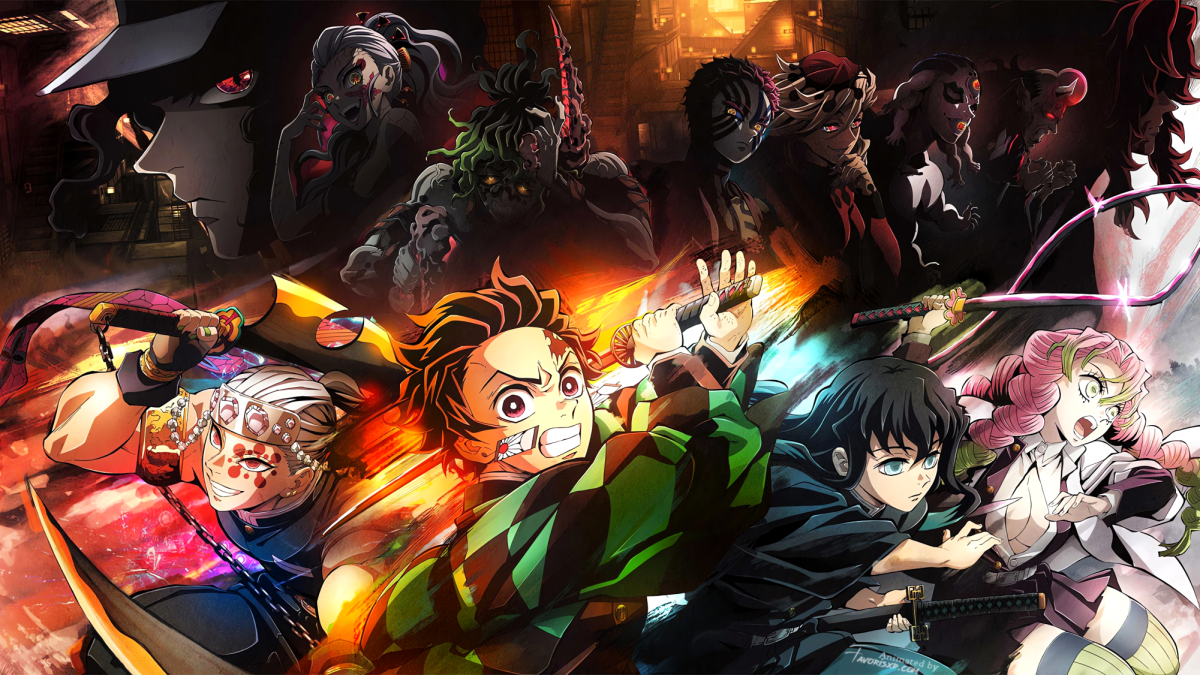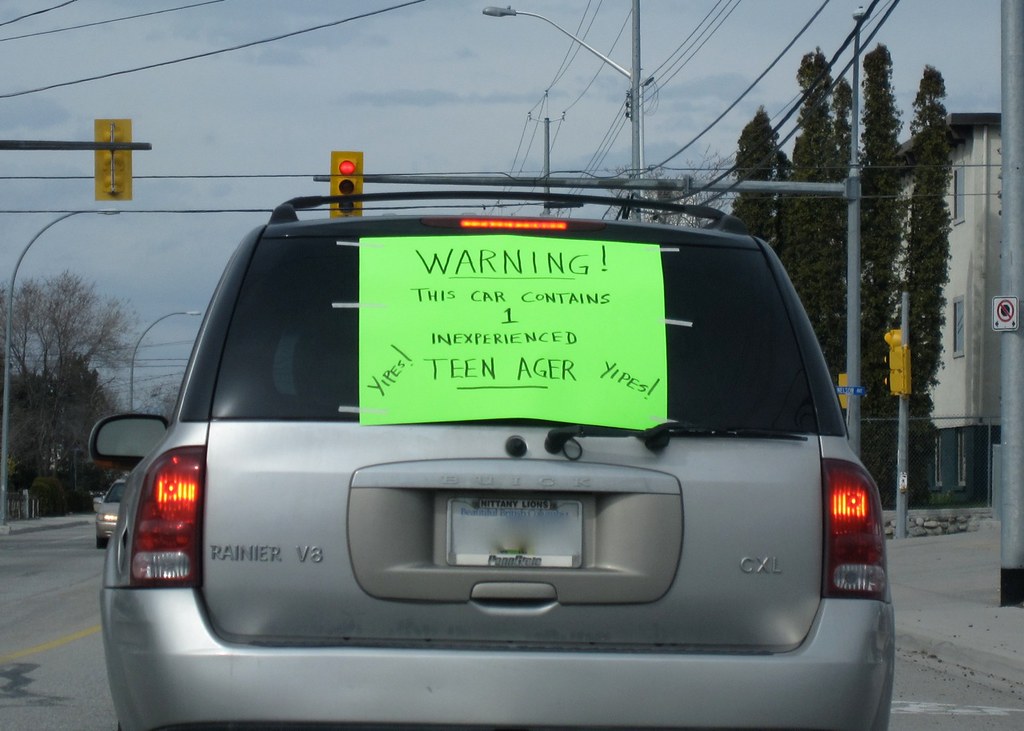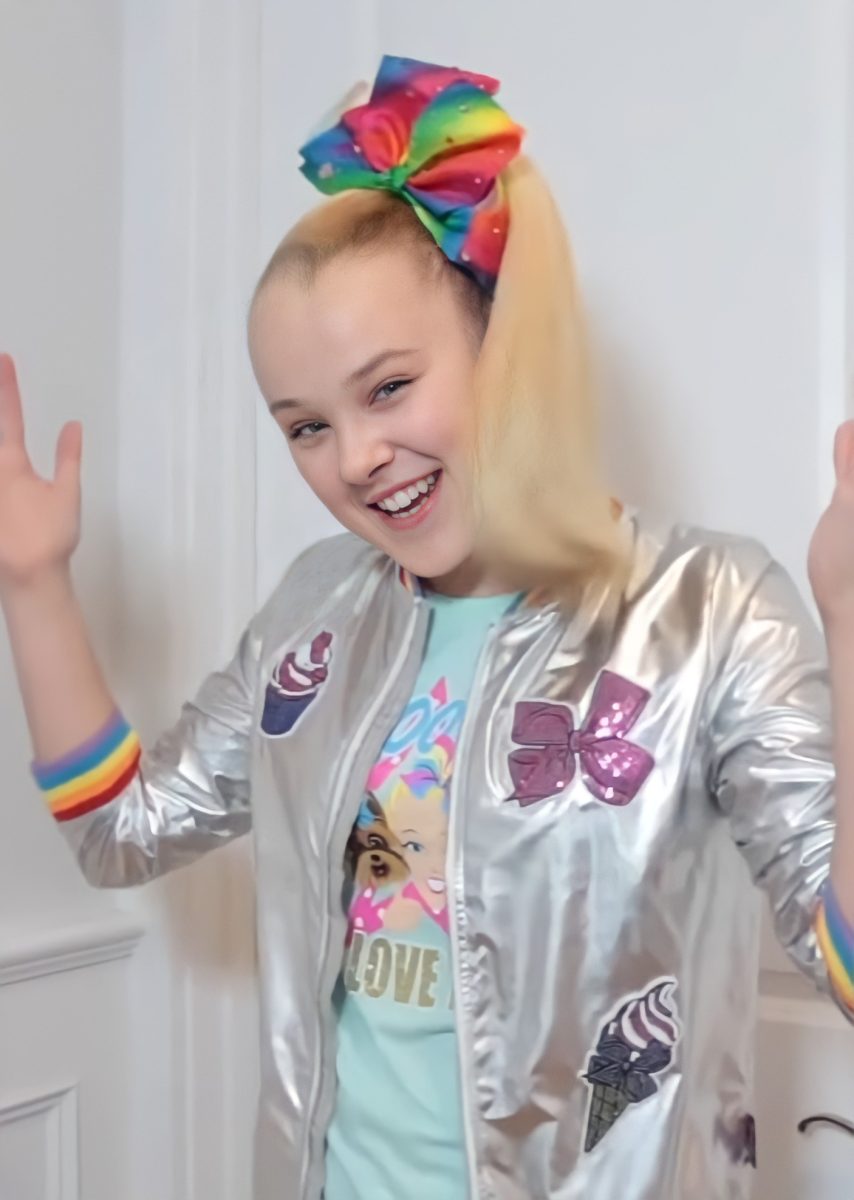By ARNI DAROY
Copy Editor
On April 26, a blatantly racist conversation between a man and a woman was leaked via Thirty Mile Zone (TMZ). Immediately, allegations erupted that the man was Los Angeles (LA) Clippers owner Donald Sterling and the woman was his alleged mistress, V. Stiviano.
The conversation started with Sterling asking Stiviano, who is half black and half Mexican, why she had not deleted photos of herself and black people on her Instagram, specifically mentioning both Matt Kemp, a current LA Dodgers player, and Earvin “Magic” Johnson, a former LA Lakers player and current owner of the LA Dodgers. The conversation became worse when he commented that “black Jews are a hundred and fifty percent less than white Jews,” and that Stiviano should not “bring black people” to his games.
To say the least, his comments were disturbing, especially when African-Americans make up 78% of all players in the National Basketball Association (NBA) and the NBA has the highest grade for racial hiring practices in the history of men’s professional sports, according to the 2012 Racial and Gender Report Card.
But even more disturbing was his comment that he “supports” the Clippers, a team with mostly black players, by giving them food, clothes, cars and houses. This point of view only adds a facet of paternalism, an attitude that has long been used as a justification for racism, because as Sterling would probably put it, he is better than them but at least supports them.
Immediately, social media responded to Sterling’s alleged comments, calling for him to sell the team. Adam Silver, the NBA’s new commissioner, promised to grant Sterling due process and wait for the investigation to be completed in order to confirm whether it was his voice on the recording or doctored audio.
The next day, the LA Clippers players staged a silent protest before their playoff game on Sunday, April 27, wearing their shirts inside out to hide the team’s logo and black wristbands, armbands and socks, according to ABC News. The protests could have been much worse though, as ESPN reports the Clippers had talked to the Golden State Warriors about boycotting the game altogether.
Kevin Johnson, Sacramento’s current mayor, former NBA player and the representative of the LA Clippers players in the incident, voiced that the players were seeking the maximum penalty for Sterling. All the pressure ultimately fell on Silver, and it was merely a question of whether he would punish Sterling as harshly as the social media called for or give him a pass due to the private nature of the recorded conversation.
Finally on April 29, Silver announced at a press conference that the investigation concluded late the night before, and Sterling was indeed the man in the audio.
Sterling was banned for life from any association with the NBA, meaning he is no longer allowed to attend games or practices, enter any NBA related facility, have any say in business decisions concerning the Clippers, partake in league meetings or associate in any other league activity.He was also fined 2.5 million dollars, the maximum amount he could be fined under the NBA Constitution. The money will be donated towards anti-discrimination organizations.
In addition, Silver promised to “do everything to ensure” the removal of Sterling as the owner of the LA Clippers and force a sale. The other 29 owners of NBA teams have the authority to remove him as owner with a three-quarters vote by the league’s advisory finance committee.
Though the punishment was determined solely on this incident, Sterling is no stranger to past incidents with racism. This history only worsens his case since voting for the force sale requires the owners to take into account Sterling’s lifetime of behavior. His past includes a lawsuit from Elgin Baylor, a former LA Lakers player, who accused him of running a “plantation style franchise.”
The force sale voting is expected to happen soon. The National Basketball Players Association predicts a 29-0 vote for Sterling’s removal. The punishment is successful in that it meets the demands of all the NBA players, who have all agreed to boycott their respective playoff games if the right decision was not made, according to ESPN.
The committee held its first meeting concerning Sterling’s punishment on May 1 by conference call and has had three meetings since then, but the story continues that Sterling now plans to fight the NBA ban with a lawsuit to block the sale, according to NY Daily News.
The lawsuit would center on the legality of his suspension and fine as well as the sale of his team. But according to sports lawyer Jeffrey Kessler via The Wall Street Journal, the Commissioner has the necessary authority to take action due to article 35 of the NBA’s constitutional bylaws.
According to Forbes, Article 35A, titled “Misconduct of Persons other than Players,” allows the Commissioner to “suspend or fine an owner for being found guilty of conduct prejudicial or detrimental to the NBA.” This morality clause was broadly written to provide power to the Commissioner.
Also according to Forbes, there is another applicable provision within the Constitution which forces termination of ownership. Article 24(l) states that “where a situation arises which is not covered by the Constitution, the Commissioner shall have the authority to make such decision as in his judgment shall be in the best interests of the Association.”
Aside from vague and unclear answers as to which article Sterling has breached, the recording is unlawful under California law due to its confidential nature and the fact that Sterling gave no consent for the recording to be made public, but if Silver is punishing Sterling based on the recording’s impact on the league, he has the authority to do so, in the opinion of sports lawyer Michael McCann, via Sports Illustrated.

On May 13, Sterling apologized for the whole fiasco in an interview with the Cable News Network (CNN). “I’m not a racist. I’ve made a terrible, terrible mistake,” he begins, but his apology only seemed to address the owners, his family members and Stiviano. Not once did he mention black people, aside from commenting on Magic Johnson, one of the black people in Stiviano’s pictures, calling him a bad example for children because he has HIV. When CNN anchor Anderson Cooper asked him exactly what he was sorry for, Sterling only responded that he was “sorry that so many people are hurt.”
He continued to ignore the fact that he hurt Johnson by saying Johnson was “irrelevant in this whole thing.” He supposedly “respects him and admires him for all he does,” and would love to help him since he “loves to help minorities.” But later, he blamed Johnson for his delayed apology, saying that Johnson had told him to wait a week before doing anything. He then questioned what Johnson has done for black people.
Sterling participated in this interview to save what was left of his reputation, yet the interview seems to have only ruined it further. Not once could he bring himself to apologize to black people, and when he commented on Magic Johnson, he seemed as though he was simply trying to justify his racism towards Johnson by pointing out his flaws.
Sterling has made it clear that he is not going down without a fight. On May 16, he sent a letter to the league announcing that he has no intention to pay the $2.5 million fine, despite it being due that week, according to Sports Illustrated.
As of now, there is no final decision with the lawsuit or the force sale, and this scandal is becoming more than just banning Sterling for life. He is far richer than 2.5 million, and at 82, the life ban might not bother him. Therefore the decision does far more than just punish him.
This decision shows that once again, sports play a large role in progressing civil rights, and Silver’s decision to disassociate Sterling completely from the NBA upholds that ideal. The message is clear: there is no place for racism in the NBA, and there is no better moral for this incident than the words of Roger Mason Jr., the first vice president of the NBA Players’ Association: “It’s not about black and white. It’s about right and wrong.”









